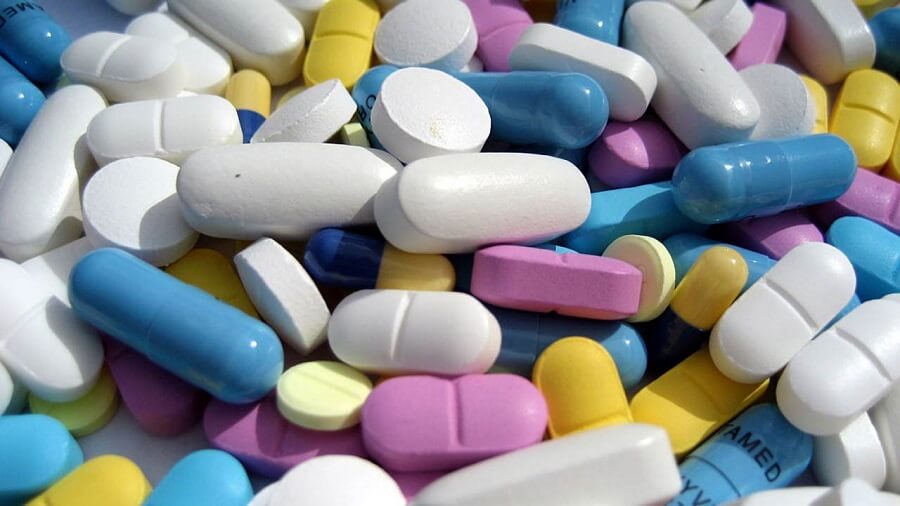The WHO Regional Director for Africa, Dr. Matshidiso Moeti, said drug-resistant diseases caused 4.95 million deaths globally in 2019, with 1.27 million directly related to Antimicrobial Resistance (AMR).
Moeti said drug-resistant bacterial infections killed more people than HIV/AIDS and malaria combined.
Advertisement
According to the world health agency, AMR occurs when bacteria, viruses, fungi and parasites change over time and no longer respond to medicines making infections harder to treat and increasing the risk of disease spread, severe illness and death.
Compared to other regions, sub-Saharan Africa has the highest AMR-associated death rates, at 99 deaths per 100, 000 population, far exceeding previous global projections of 700 000 annual deaths from AMR.
Moeti made this known in her message to mark the 2022 World Antimicrobial Awareness Week on Friday in Abuja. The week starts from 18 to 24 November every year, to raise awareness of the risks posed by the overuse and misuse of antimicrobials, including antibiotics, and to encourage their more responsible use.
She said in the spirit of the One Health approach, the theme of this year’s awareness, “Preventing Antimicrobial Resistance Together”, calls for urgent multisectoral action to preserve the efficacy of this fundamental component of modern medicine.
Advertisement
“Compounding the challenge is that more than half of all deaths recorded in the WHO African Region are caused by communicable diseases managed with antimicrobial medicines. As such, AMR puts at risk decades of advances toward the control of diseases such as malaria, HIV/AIDS, tuberculosis, and sexually transmitted infections.
“Various reports also suggest that the management of COVID-19 patients with antibiotics has fueled the global AMR threat.
“While AMR does occur naturally, the concern lies with the current high rates of development and spread. Other than misuse and overuse of antimicrobials in human and animal health, other drivers include limited availability and uptake of vaccines; limited diagnostic capacity to support appropriate treatment; lack of access to clean water, sanitation and hygiene; poor infection prevention and control practices; poor disposal practices; and the presence of antimicrobials in the environment and water bodies.
“Antimicrobial resistance (AMR), known more commonly as “drug resistance”, occurs when disease-causing germs become resistant to traditional medication, making infections harder to treat, and increasing the risk of disease spread, severe illness, and death.
“Lack of effective antimicrobials will also negatively impact treatment of diseases in animals, with potentially dire consequences for food security, and overall economic growth.
Advertisement
“Guided by the Global Action Plan on AMR, and in line with WHO’s 13th General Programme of Work (GPW), WHO in the African Region continues to support regional and national interventions to combat AMR. To date, 39[4] countries have developed national action plans to counter the threat, with 30 approved by national authorities,” said Moeti.



